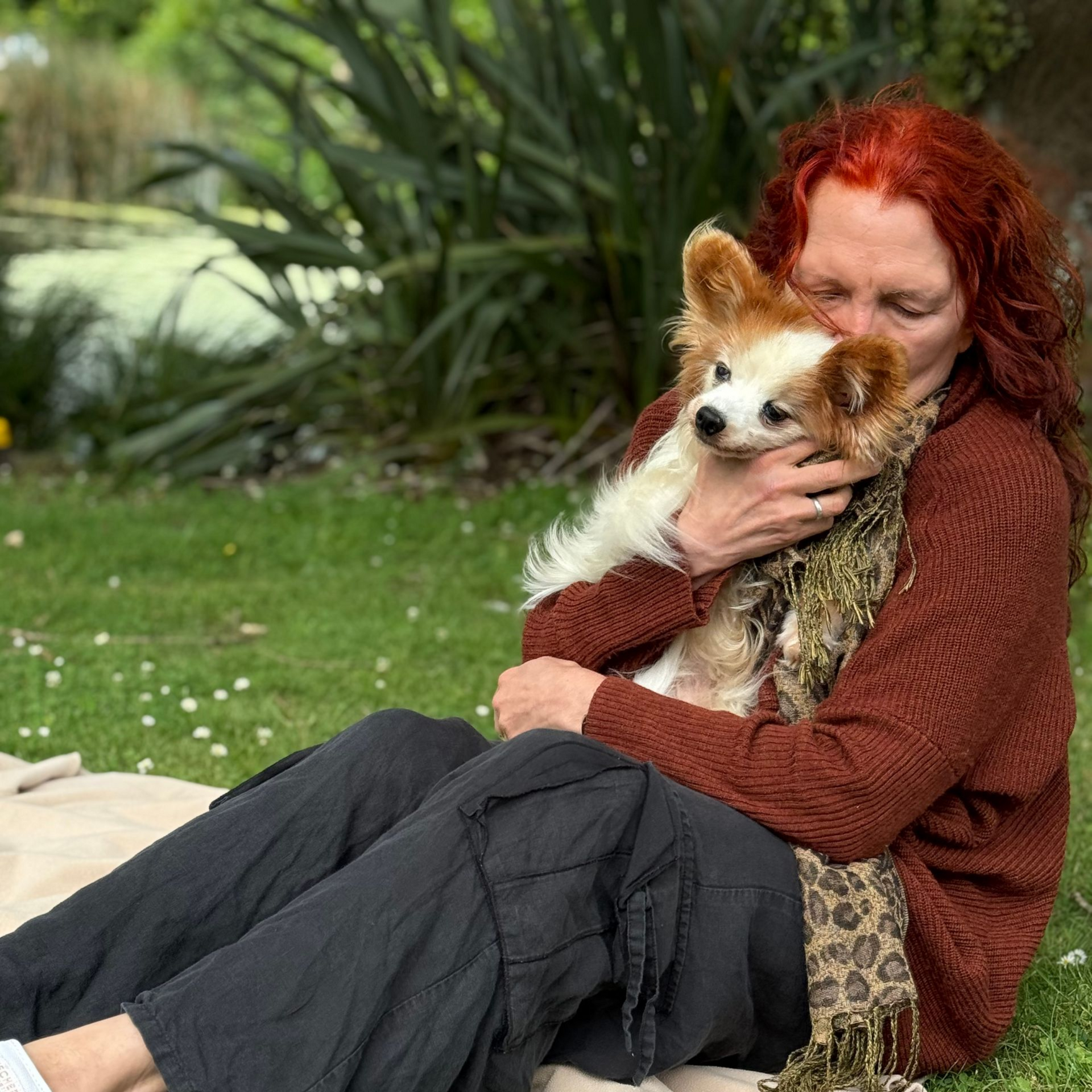Definition of 'Corruption' MUST Include Dishonest, Seedy, Cruel, Underhanded & Highly Damaging Practices of Ministers & Ministry Management and Personnel

Lies, lies and more damn lies. Has Collins's and Mitchell's "Anti-Corruption" Pilot brief been engineered to cover the real source, and more immediately injurious forms, of corruption?
Concern exists over this week's announcement by Police Minister Mark Mitchell and Public Service Minister Judith Collins, that a short, sharp and shiny six-month "cross-agency Anti-Corruption Taskforce pilot" is more of a PR exercise to facilitate shutdown of any criticism (past, present and future) that Parliament has done nothing to maintain New Zealand's (delusionary) "clean and green" image in the corruption and ethics space.
The announcement, says the press release, "highlights the Government’s commitment to protecting public funds and upholding integrity across the state sector", "will be led by the Serious Fraud Office (SFO), supported by NZ Police and the Public Service Commission", and "participating agencies are the Department of Corrections, Land Information New Zealand, Inland Revenue, ACC, Ministry of Social Development and Sport New Zealand".
The pilot "will inform" the Government’s future approach to counter-fraud and corruption capability across the state sector, with a "public report" to be released following its completion.
Just what the New Zealand public needs: Another report. (As an aside, you'll read in this article I published last week, what former Prime Minister Sir Geoffrey Palmer KC, thinks of the New Zealand Parliament's report production fetish i.e.: “New Zealand is really good at doing reviews, reports and inquiries, but no good whatsoever at implementing any of them.”
'Too narrow: Politicians exempt from scrutiny'
Especially concerned about the likely nothingburger that the almost-certainly PR initiative will turn out to be in actual practice, is Dr Bryce Edwards, Director of The Integrity Institute, who was quick to produce an analysis of the broader Parliamentary documents that will guide the "pilot" (and keep it conveniently constrained):
"The most glaring flaw in the Taskforce Pilot is its limited focus on the core public service, to the exclusion of elected officials and government ministers. (Corruption) often emanates from the pinnacles of power – the politicians and political insiders who set the rules and make the decisions.
"By design, the Taskforce will scrutinise six departments for their fraud controls and any detected wrongdoing . . . but will not be examining the conduct, systems or vulnerabilities of Parliament, Cabinet Ministers, ministerial staff, or local government, nor the interfaces between money and politics – party financing, lobbying, contracting, and favouritism in appointments.
"These political arenas are exactly where recent New Zealand corruption scandals have erupted, and where oversight is weakest. Any serious anti-corruption strategy must include politicians, not just public servants.
"Consider the litany of incidents in recent years that have undermined public confidence in our 'good governance' reputation: the Stuart Nash affair, in which a Cabinet Minister was sacked for privately briefing donors on confidential Cabinet discussions; the persistent political donation scandals involving multiple parties; the 'wild west' lobbying industry that thrives with zero regulation; the revolving door of officials becoming lobbyists; and allegations of ministerial cronyism in public appointments.
"None of these problems will be touched by a one-off survey of a few agencies’ internal fraud frameworks."
Especially, he points out, when the exercise amounts to little more than a self-assessment survey by the Chief Executives of said departments.
'Too Little: A Six-Month Window & Risk of PR Tokenism'
"The second major concern is the limited scale and timeframe of the pilot. This is a six-month exercise set to conclude by the end of 2025. After the participating agencies file self-assessments this quarter, the Taskforce will spend October–December analysing the data and writing a public report and ministerial advice.
"By design, this is a short, sharp project – understandable as a proof of concept, but hardly the sustained effort needed to counter entrenched corruption risks. There is a real danger that once the pilot report is published, ministers will declare 'job done' and move on, without any structural change. A one-off stocktake is not the same as an ongoing strategy. The Government needs to convincingly show that this pilot will feed into continuous improvements, not just produce a glossy report that gathers dust.
"The language from officials is promising but non-committal: the findings 'will set a baseline' and 'inform advice' on potentially extending the assessment to more entities. It’s good to establish a baseline, but what comes next?"
What About the Places Where Corruption of Procedure & Corruption of Ethics Intersect?
But there are far more places and far more people to investigate, far more broadly and in far more depth . . . if New Zealand's current crop of Parliamentarians are in any way serious about corruption in the Public Service and (to say nothing of - as The Ethics Institute alludes to) the rampant corruption in Ministerial suites and the Ministerial (sometimes called Parliamentary) Services suite.
I've covered a few good examples (but that don't even begin to melt the tip of the iceberg) right here in various articles I've written on The Customer & The Constituent - the most recent of which I published last week: DIFFERENTLY ABLED . . . & Definitely Able and Willing to Expose the Decades-Long Incompetence, Malfeasance & Cronyism of Two Deeply Corrupt Government Agencies and Their Parliamentary Enablers.
This was one interview that really rattled the usual lassez faire ("go your hardest, no-one can ever hold us accountable"), smirking attitude of the powers that probably shouldn't be, with the feared and revered professional thorn-in-the-side of the Ministry of Social Development and Oranga Tamariki, one Mr Graeme Axford.
He had just released an updated, Version 2.0 of his best-selling 2020 book, 'Differently Abled', in which he outs the seedy, cruel, and corrupt behaviours of large sections of the Parliamentarian sect and their Ministry minions, along with the "blind eye" modus operandi of "watchdog" agencies (like the Ombudsman, the Human Rights Commission, and the Privacy Commissioner) meant to genuinely and neutrally (and actually) investigate and prosecute their public sector colleagues' wrongdoings (but rarely doing so). (Axford's revelations over past decades have proven to be something even the likes of Oranga Tamariki's annual $2 million spend on in-house departmental spin doctors, I mean, err, Comms Team, can't sufficient muzzle or damage-control.)
Upon my publication of the interview, Axford was promptly contacted by a prominent member of the Parliament's Uniparty and enthusiastically invited to SHUT TF UP.
He replied by firmly advising of his refusal to be silenced, responding in kind, by cordially invited the Uniparty representative and his broader Parliamentary cohorts to go to hell.
Which, if I may momentarily inject my own opinion, is where any politician supporting the corruption and cruelty in these two Ministries richly deserves to reside. (See my recent piece on Upston and her Ministry's Unpublicised Soft-Kill Policy and associated heinous practices.)
A Few Tiny but Choice Examples from Previous Coverage Here on The Customer & The Constituent
How Wellington REALLY Works: The '5Ds'
The Heinous Secret Practices of An Unaccountable Ministry & Its Off-the-Chain Staffers
Ministry Staffer Sends Client's Personal, Health & Financial Information to Journalist
What If We Ranked Government Ministers by the Ethical Standards of their Ministries?
Update on the Weaponisation-of-MSD Saga
And There's More Where That Lot Came From. The Public Service & the Ministerial Clan Provide No Shortage of Fresh Material, Unfortunately.
There were more. And there are more coming - including one on why two names keep cropping up so regularly in these accounts and the correspondence I've been furnished with: one bloke from Ministerial Services, and an uber nasty-sounding woman from MSD's Central Region Escalation Unit. Not good. They need looked into, and if the "honorable" Minister won't do it, I know just the investigative journalist for the job.
I'm also working on exposing yet another seedy and despicable Ministry of Social Development practice that's been recently brought to my attention: the practice of mysteriously axing or cutting beneficiaries' legal entitlements (with a particular fetish for targeting bona fide disability beneficiaries) without explanation and then putting them through a one-sided, outnumbered "courtroom"-style hearing to fight to get said legal entitlements back.
Despicable. But not the worst of it. Because what is often also rolled in to the "process" is the production (by Ministry staffers) of a "report" on which said hearing and outcome relies, into which the beneficiary (treated like a "defendant" when the actual perpetrators are the Ministry staffers) has nil input, with the report signed off by the staffers as being a "true and fair" account of the beneficiary's side! Astounding. In what court of law is that remotely acceptable?!
But it gets worse: This "evidence" is very commonly falsified, according to both my research and my sources. My forthcoming article will call for a public apology from two Levin staffers for the distress (financial and emotional) that their falsification of evidence wilfully caused the beneficiary in question.
Meantime, here's just a few blowing the whistle on corruption in Local Government - that, to be noted, has been excluded from any mention in the "Anti-Corruption Pilot":
Taupo Councillor Blows the Whistle: The '5Ds' of Bureaucratic Sabotage At Work in Local Government
SHAME, Tararua District Council: The Story They Thought I Wouldn't Survive to Tell (Part One)
Oh, and will someone PLEASE look into all those rampant road cone breeding colonies all around the North Island?









